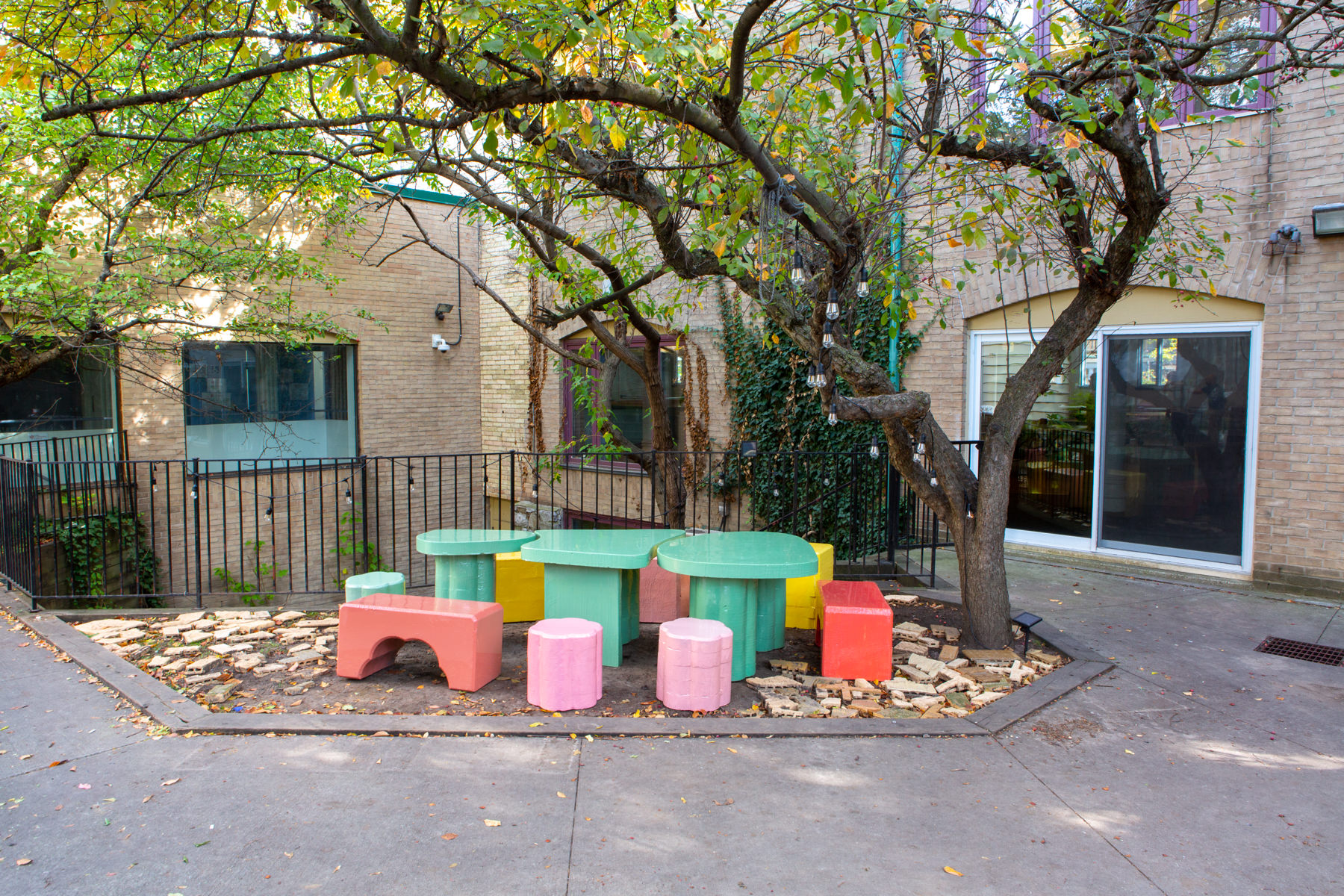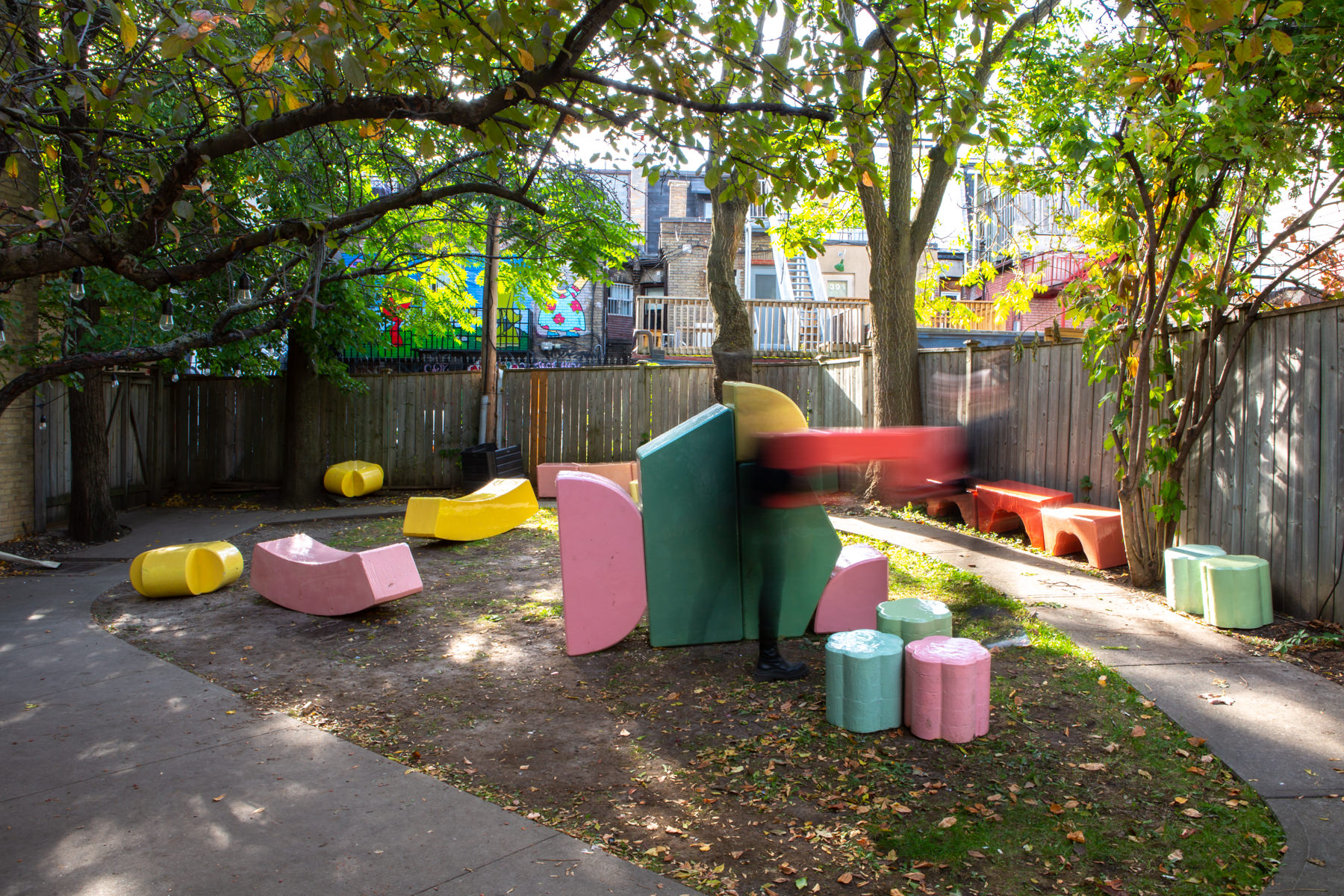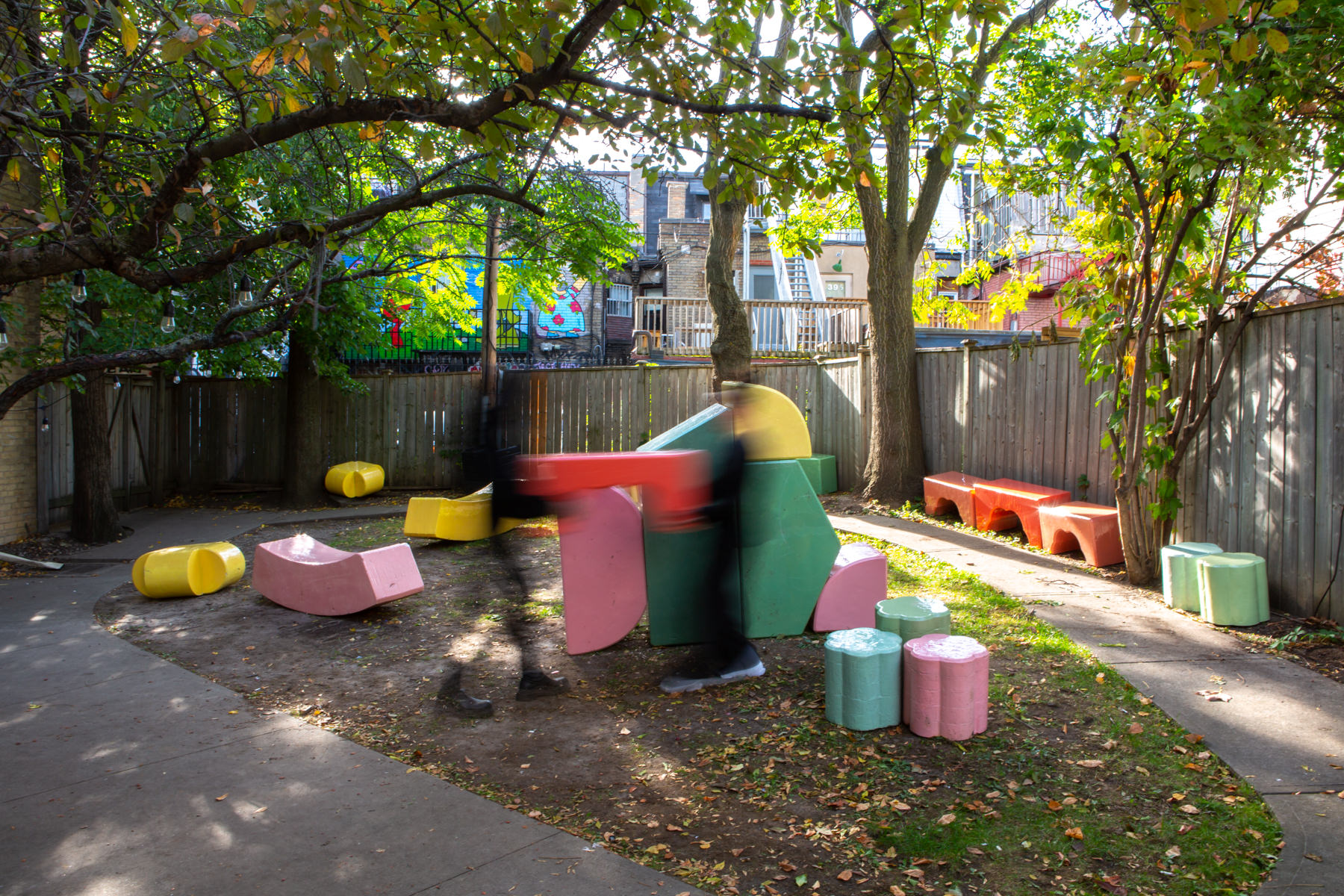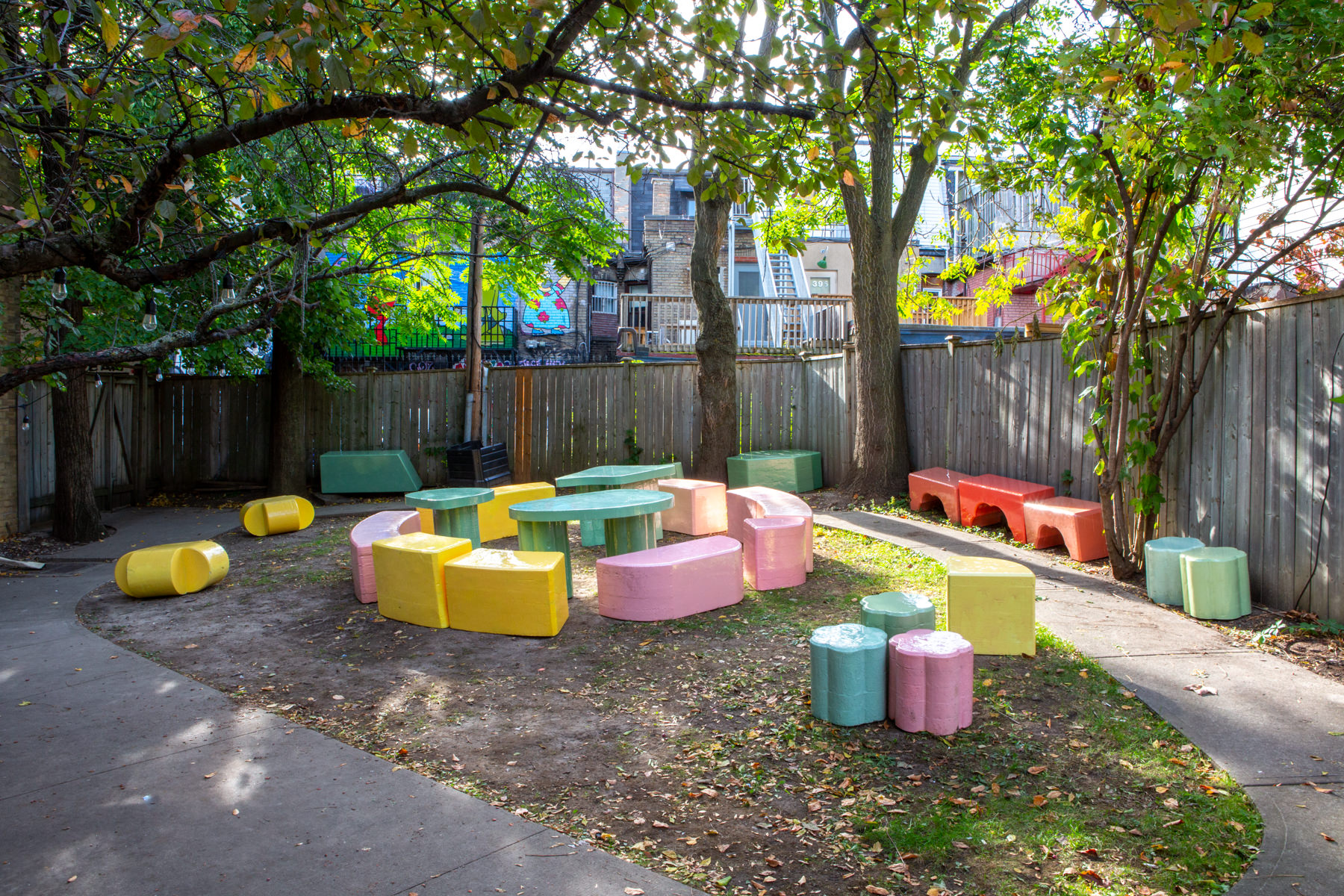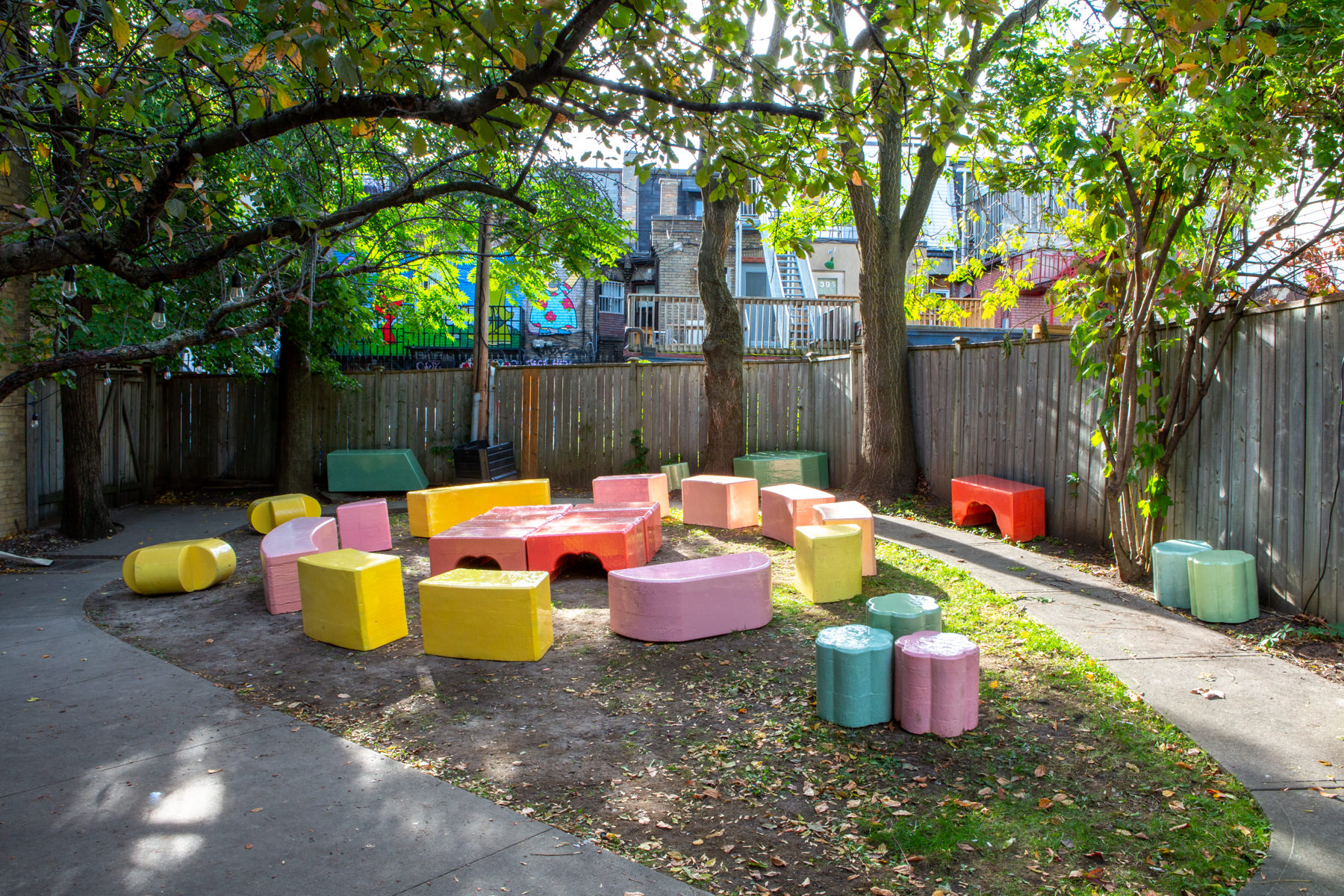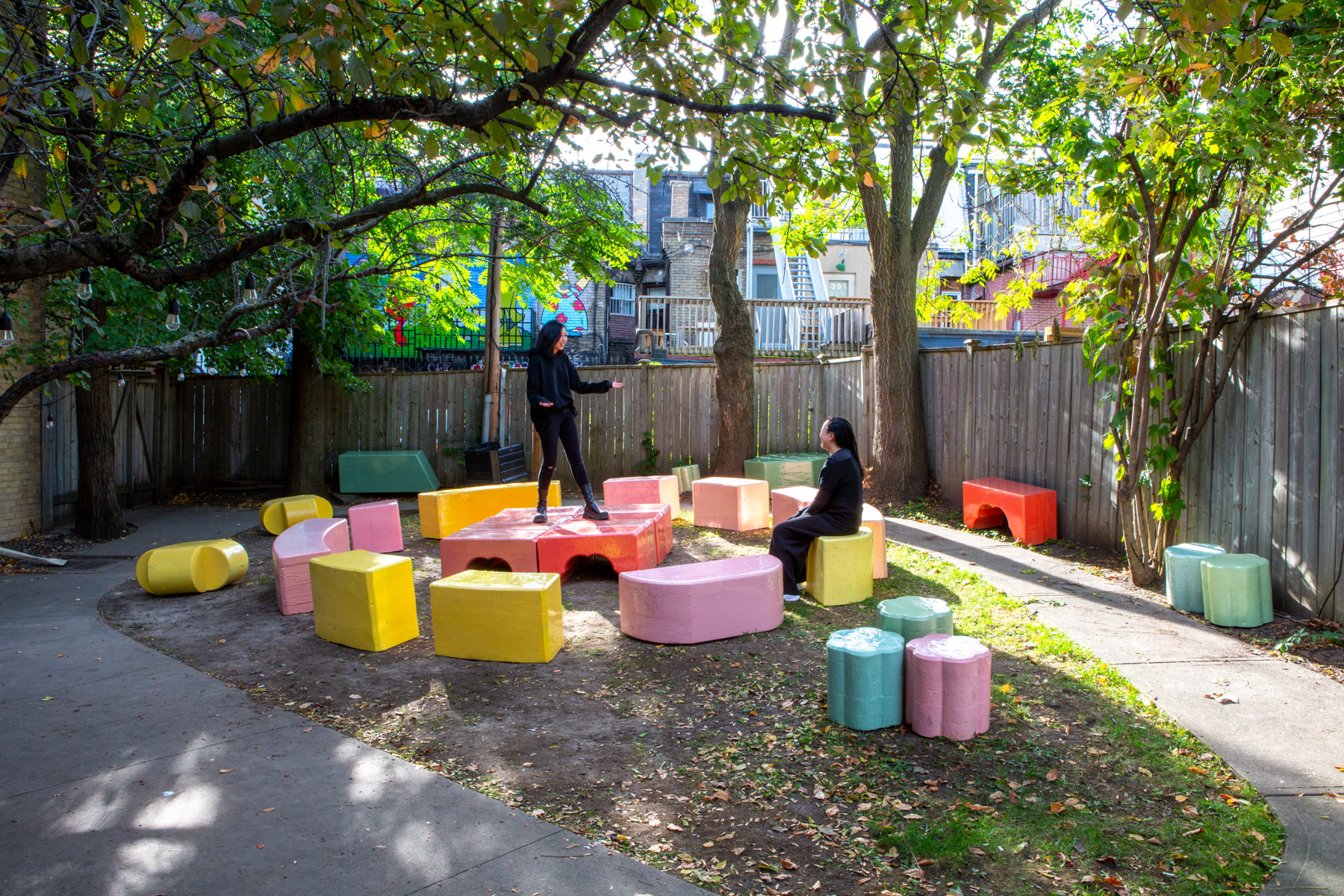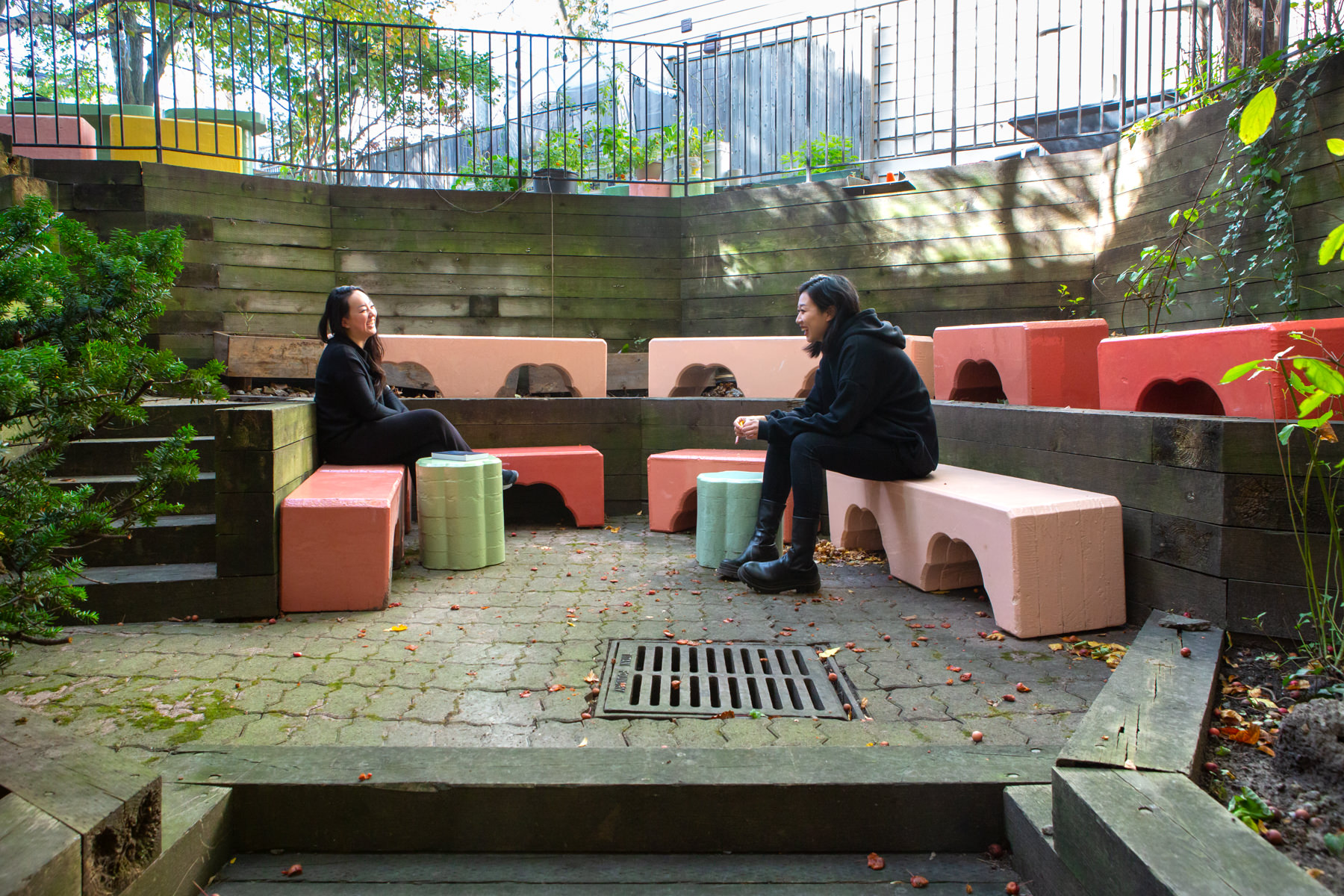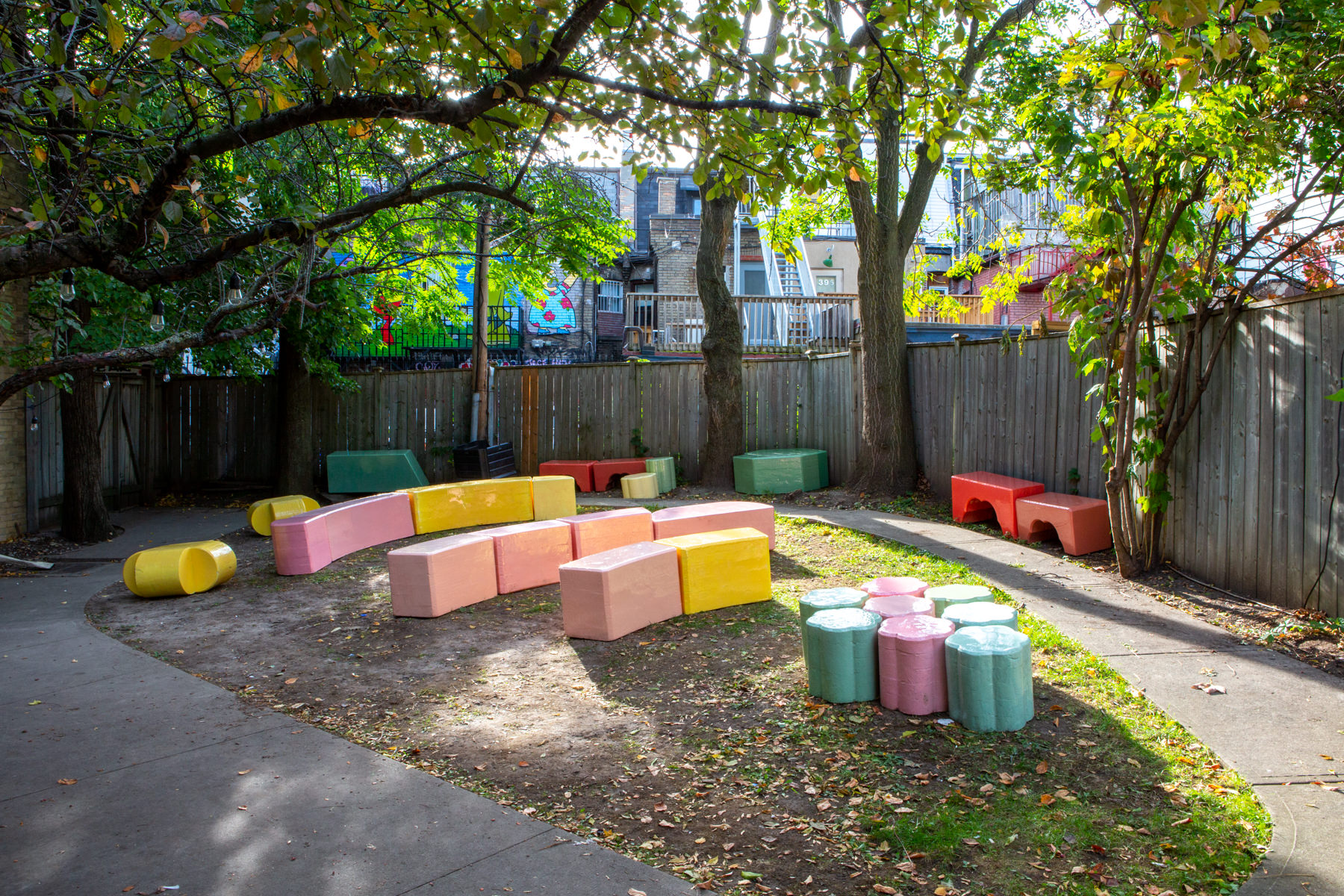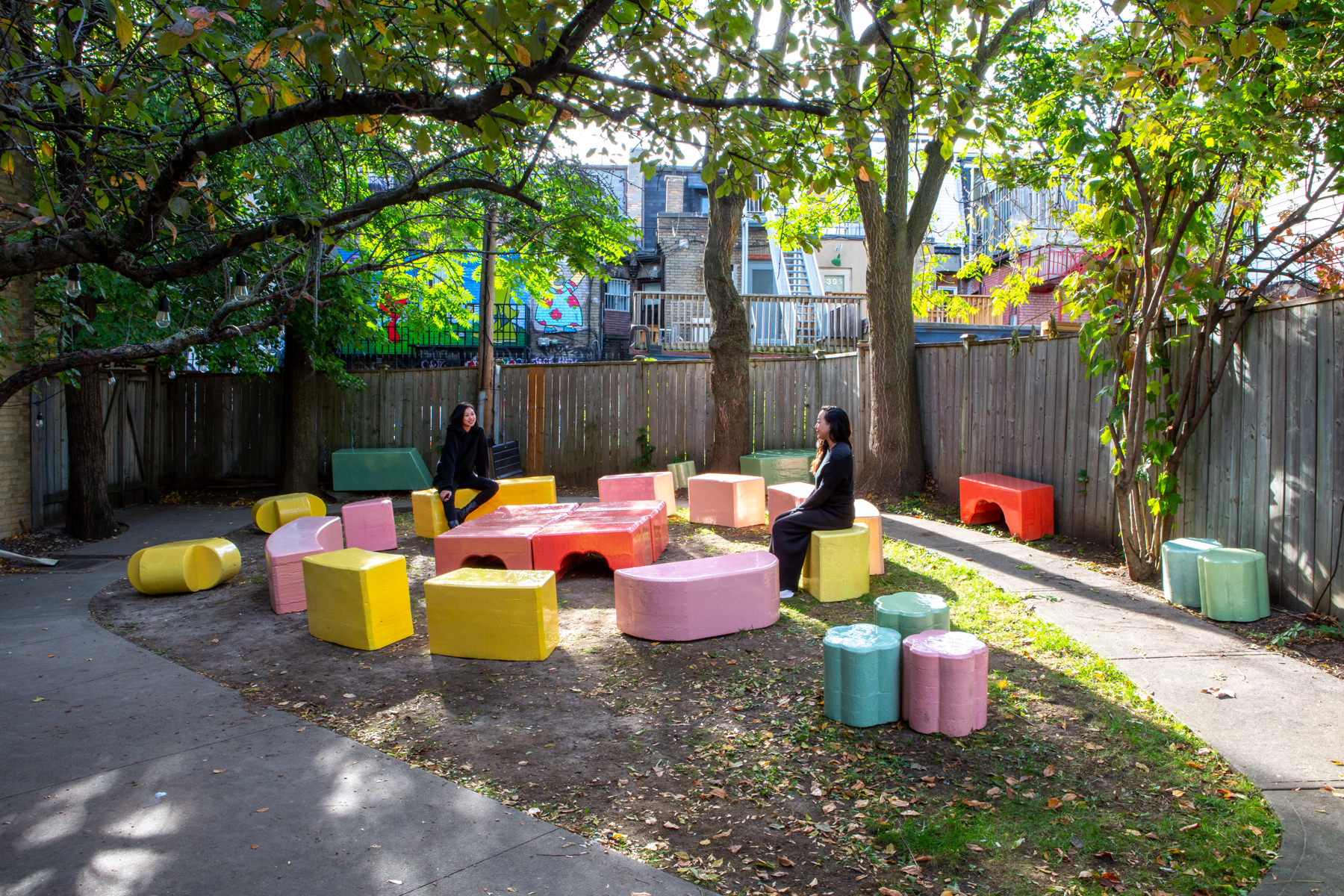Planting Imagination
Chinatown Community Project
Project Description
Planting Imagination Chinatown Community project took place over two years during which a group of Chinatown community organizations and TMU Toronto researchers, worked alongside community partners and local organizations as well as 40 recruited and diverse Chinatown Community Activators from across the Chinatown community. The Chinatown Activators worked together with community facilitators to bring the local community together to create new visions for the future of Chinatown and co-design a community garden at Cecil Community Centre.
This project aims to promote community resilience, reduce stress and stigma, and support the affected groups in Chinatown through the COVID-19 pandemic, as well as ongoing displacement, by making use of VR co-creation and other tools of architectural design.
OBJECTIVES:
- Individual, Community, and Environmental Engagement and Assessment:
Identify the impact of pandemics on environment (physical and virtual), community, and individual as well as how they intersect across the three levels to facilitate a community-led pandemic response. - Virtual Community Building through Environmental Wellness:
Build virtual networks that strengthen cross-community solidarity through shared and therapeutic virtual reality (VR) experiences that reimagine place, space, and community in relation to Canadian society.
- From Virtual Reality to Physical Environments: Use virtual reality (VR) tools to shape and impact the built environment as well as collective and individual experiences of community—bridging across virtual and physical realities through the community-led design of a community garden.
- Democratize New Tools of Community-led Knowledge Production: Develop critical and innovative approaches to democratize emerging virtual reality (VR), augmented reality (AR), 3D scanning, and 3D reconstruction tools and resources for community knowledge production and mobilization, while addressing issues of equitable access and inclusion across the digital divide.
